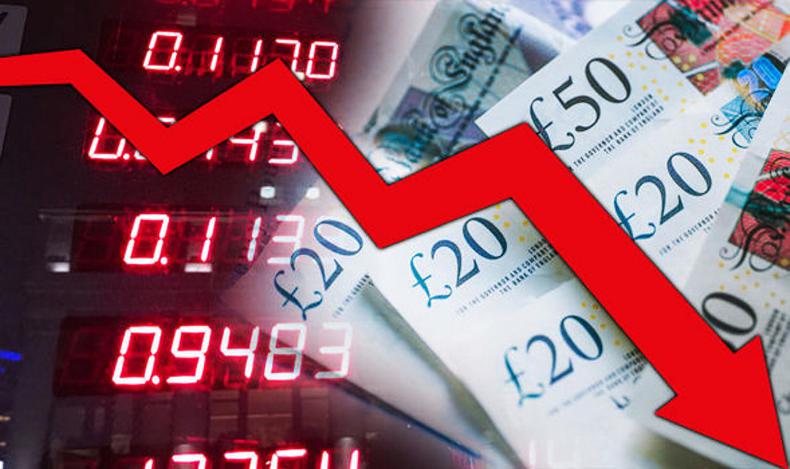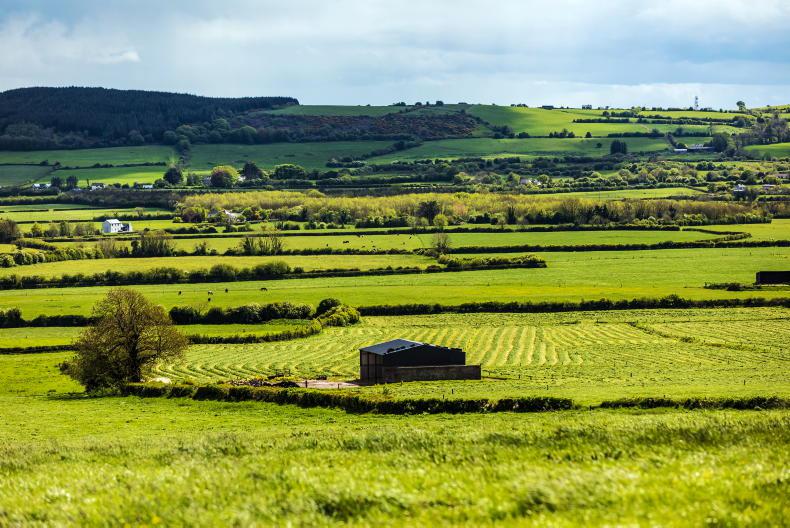As the agricultural world is coming to terms with the Government's announcement this afternoon, financial markets present another potential blow to trade. Sterling in particular is of concern to farmers in the Republic of Ireland. In the past 24 hours, it has moved from 87.4p = €1, to 89.1p =€1. A movement of almost 2p in 24 hours is dramatic and it adds to a weakening trend for sterling over the past month. On February 12, sterling was trading at below 83p = €1.
This has the potential to impact farm gate prices directly, as so much of ROI trade is with the UK, especially for beef, cheese and pigmeat. While dairy and pigmeat have other global options, subject to transport logistics, there isn’t an alternative for beef.
Weak sterling helps NI farmers
The opposite applies to farmers in Northern Ireland. While the rest of the UK is NI's main export market, there are substantial sales for milk and sheep exports, both across the border and in the Eurozone. For NI farmers, the weaker sterling is, the higher the return received for produce sold to euro markets.
FT 100 index
While the public health angle of coronavirus dominated the news today, financial markets continue to fall as a result of the outbreak. The UK has experienced a particularly dramatic collapse, with the FT 100 index of shares down 585 this afternoon, a fall of almost 10% since it opened this morning at 8am.
The market, which was trading at 7,534 earlier this month, has fallen 30% to 5,284, having opened at 5,876 this morning.
The performance of sterling and financial markets in the UK reflects a lack of confidence from businesses and traders in the UK's management of the coronavirus outbreak, along with the impact of the US banning travel from Europe overnight. This follows what was considered an extremely expansionary budget for capital investment by the UK government, which ordinarily would have been reflected in a strengthening market.
The extent of the outbreak in France and Germany will have serious financial consequences for the Eurozone. Italy's economy has been struggling for years and the measure enacted to contain the virus outbreak there will only add to this.










SHARING OPTIONS